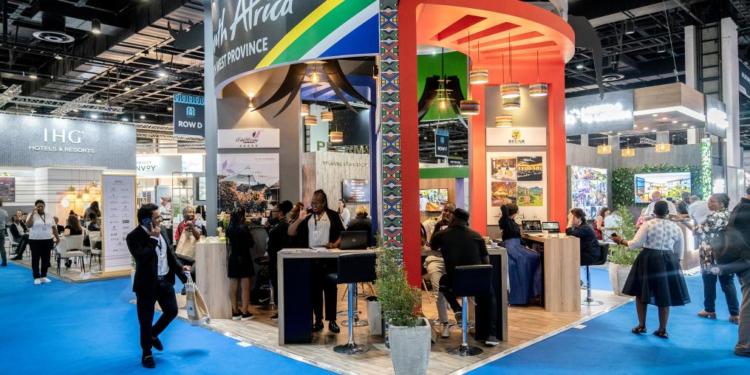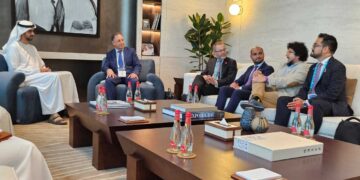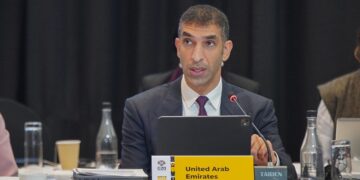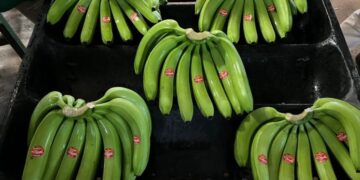The trade relationship between Africa and the Gulf Cooperation Council (GCC) countries has been steadily growing, driven by mutual economic interests, geographic proximity, and increasing diplomatic ties. As both regions continue to diversify their economies, new trade and investment opportunities are emerging, particularly in key sectors such as agriculture, energy, infrastructure, and digital services.
Why Africa and the Gulf are Ideal Trade Partners
Both Africa and the Gulf are undergoing significant economic transformations. The GCC countries—comprising Saudi Arabia, the UAE, Qatar, Kuwait, Oman, and Bahrain—are actively diversifying away from oil dependency, investing heavily in sectors like logistics, finance, and food security. Meanwhile, Africa is experiencing rapid industrialization, population growth, and an expanding middle class, making it a lucrative market for Gulf investors.
The African Continental Free Trade Area (AfCFTA) is set to be a game-changer, creating a single market of 1.4 billion people. This presents a strategic opportunity for GCC countries looking to expand their exports and investments in a rapidly developing market.
Key Sectors of Trade and Investment
1. Agriculture and Food Security
GCC countries rely heavily on food imports due to their arid climate and limited agricultural production. Africa, with its vast arable land and agricultural potential, is an ideal supplier. Countries like Sudan, Ethiopia, and Kenya are already exporting livestock, grains, and fresh produce to the Gulf, but there is room for expansion in agribusiness, supply chain integration, and food processing.
2. Energy and Natural Resources
Africa is rich in natural resources, including oil, gas, and minerals, while the Gulf remains a dominant player in global energy markets. With Africa’s increasing demand for energy infrastructure and the Gulf’s expertise in oil refining, renewable energy, and energy technology, partnerships in this sector are set to grow. The UAE and Saudi Arabia have been investing in renewable energy projects across Africa, particularly in solar and wind power.
3. Infrastructure and Logistics
The Gulf has some of the world’s most advanced logistics hubs, including Dubai and Doha, which act as key trade gateways. African nations are looking to modernize their ports, railways, and roads, providing investment opportunities for Gulf-based construction and logistics firms. Gulf entities, such as DP World, are already expanding their presence in Africa, developing ports and free trade zones.
4. Digital Economy and Fintech
Africa’s digital economy is booming, with fintech startups leading the way in mobile banking and digital payments. Gulf-based investors and financial institutions see Africa as a high-growth region for fintech and e-commerce. With strong financial hubs in Dubai and Riyadh, partnerships in financial technology and digital services are expected to increase.
5. Tourism and Hospitality
The growing middle class in Africa is fueling demand for travel and luxury experiences, while Gulf countries are expanding their tourism and entertainment sectors. This creates synergies for investment in hospitality, airline connectivity, and tourism infrastructure. Emirates, Qatar Airways, and other Gulf airlines have already established strong air links with major African cities, boosting business and leisure travel.
Government Initiatives and Trade Agreements
Several African and Gulf governments have signed trade agreements and investment pacts to facilitate business. Initiatives such as the UAE’s “Operation 300bn” strategy, aimed at boosting industrial output, and Saudi Arabia’s Vision 2030, which includes a strong focus on international partnerships, present major opportunities for African businesses to engage with Gulf markets.
Similarly, African nations are actively promoting investment-friendly policies to attract Gulf capital. Free trade agreements, investment forums, and diplomatic engagements are playing a crucial role in strengthening trade ties.














